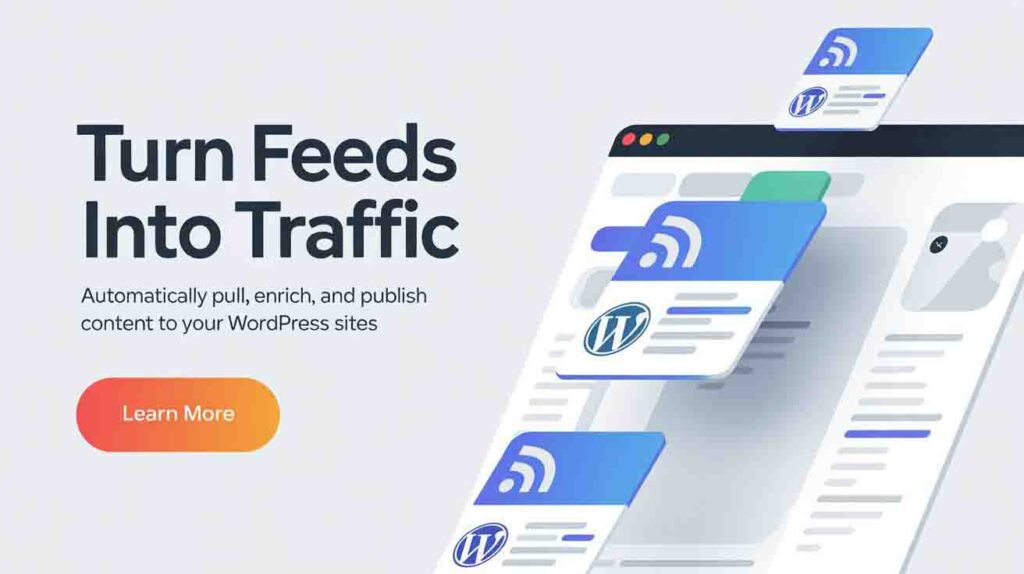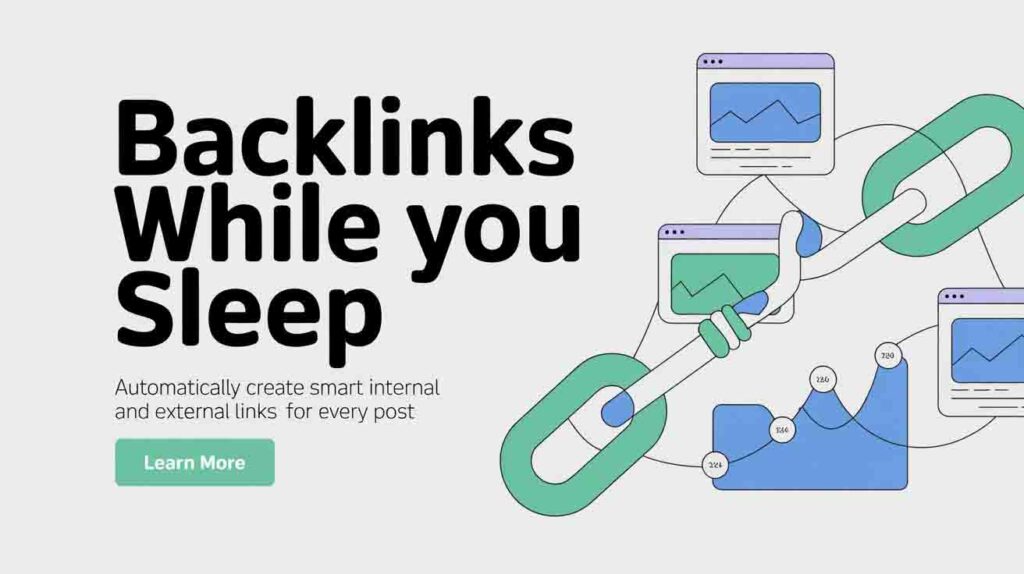SEO Software Selection: Benefits, Risks, and Key Factors
SEO software encompasses specialized tools designed to boost a website's visibility and ranking on search engine results pages (SERPs). These platforms centralize crucial functions for search engine optimization, empowering businesses and marketers to achieve their online objectives. The primary benefits of leveraging such software are extensive, including streamlining complex tasks like in-depth keyword research to identify high-potential terms and user intent. Moreover, they facilitate comprehensive competitive analysis, enabling users to monitor competitor strategies, backlink profiles, and top-performing content. Technical SEO audits become more manageable, pinpointing site errors, slow loading times, and mobile responsiveness issues that impede search performance. Tools often include rank tracking, content optimization suggestions, and backlink analysis, all contributing to improved organic traffic and higher SERP rankings.
However, implementing SEO software also entails considerations and potential risks. The financial investment can be substantial, particularly for advanced, all-in-one platforms, necessitating a careful evaluation of return on investment. There's also a learning curve involved; users must dedicate time to understand the software's features and leverage its full capabilities effectively. Over-reliance on automation without strategic human oversight can lead to generic or less impactful SEO efforts. Additionally, selecting software that doesn't align with specific business goals, team expertise, or budget constraints can result in wasted resources and suboptimal outcomes. The market offers a vast array of tools, from specialized keyword planners and backlink monitors to comprehensive suites, making the selection process critical.
Ultimately, choosing the best SEO software for 2026 requires a strategic approach. It's crucial to compare platforms based on individual goals, ensuring the tool supports specific marketing objectives like lead generation, brand awareness, or e-commerce sales. Team size and skill level are also vital considerations, as some software offers more intuitive interfaces for beginners while others cater to advanced practitioners. Finally, budgetary constraints play a significant role, with options ranging from free basic tools to enterprise-level solutions. Examples of functionalities found across various tools include site performance auditing, content gap analysis, and local SEO tracking, all aimed at driving sustainable organic growth.









